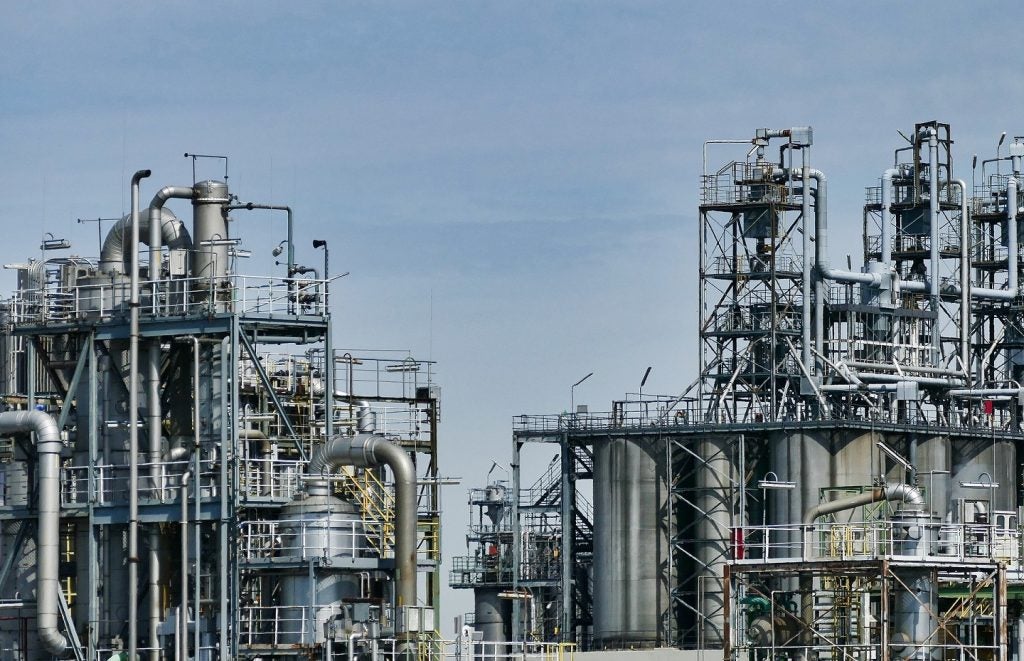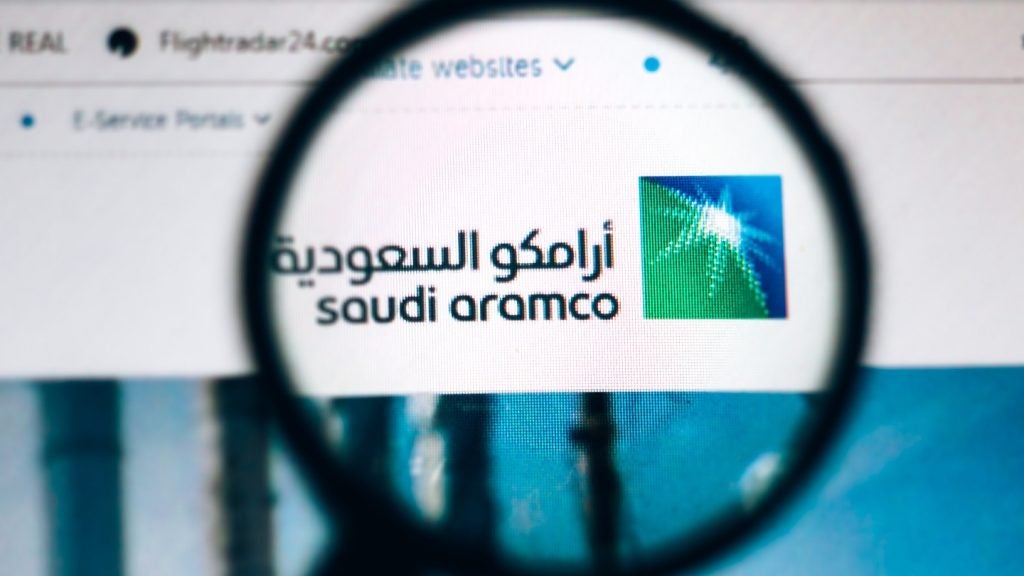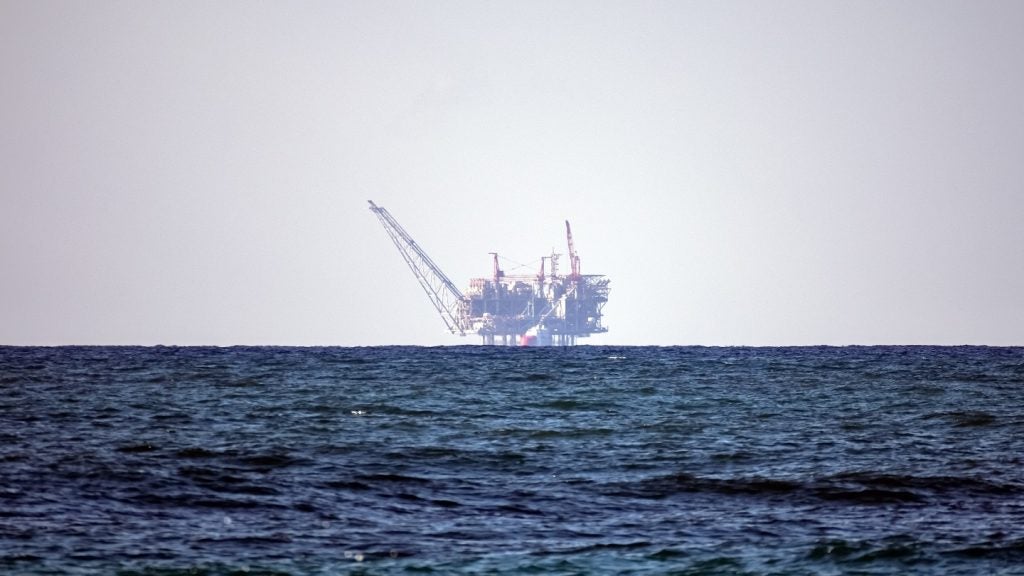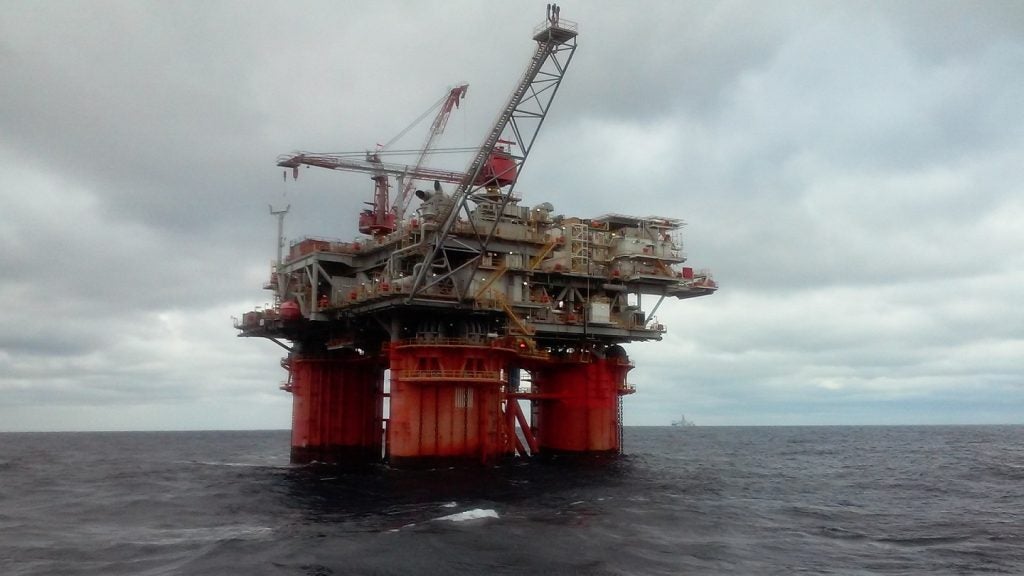US-based Excelerate Energy has signed a liquefied natural gas (LNG) supply deal with Bangladesh Oil, Gas & Mineral Corporation (Petrobangla).
Under the sale and purchase agreement (SPA), Petrobangla will purchase 0.85 million tonnes per annum (mtpa) of LNG from Excelerate.
The deal has a 15-year term and is effective from January 2026.
Excelerate plans to initially deliver 0.85mtpa of LNG in 2026 and 2027. It will then supply 1mtpa from 2028 to 2040.
Excelerate president and CEO Steven Kobos said: “Bangladesh is one of the most dynamic LNG markets in the world, and Excelerate has been a key player since the country began importing LNG.
“Natural gas is important to Bangladesh’s economy, and we look forward to partnering with Petrobangla to help the country meet its rapidly growing energy needs. Long-term LNG offtake agreements like this SPA are an essential part of our integrated growth strategy.”
Excelerate developed its first LNG floating storage and regasification unit (FSRU) terminal in Bangladesh in 2018.
In a press statement, Excelerate said: “In the years since, the Company deployed a second FSRU terminal to the Bay of Bengal and has utilized its infrastructure position to win spot LNG cargos sales into Bangladesh.”
The two Excelerate's FSRUs have the capacity to deliver around 25% of the country’s natural gas supply.
Currently, Petrobangla imports LNG from foreign countries via the Maheshkhali LNG terminal in Cox's Bazar, Bangladesh.
The Maheshkhali terminal has up to 500 million standard cubic feet of gas per day of regasification capacity.
Earlier this year, Excelerate Energy acquired the FSRU Sequoia for $265m from Anemoesa Marine.















